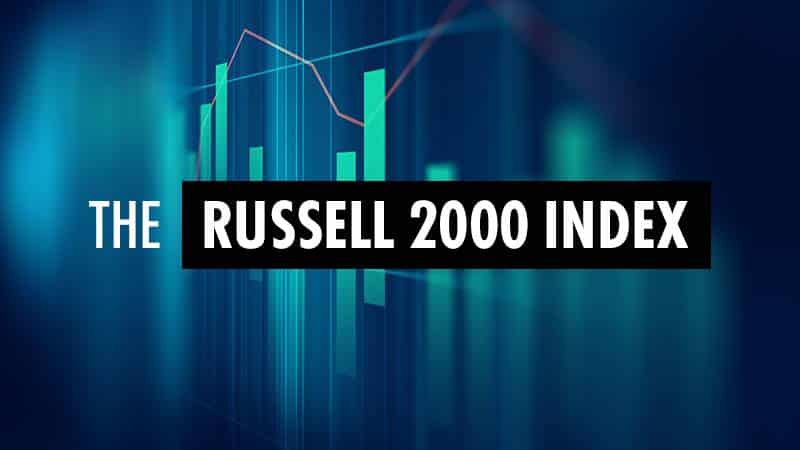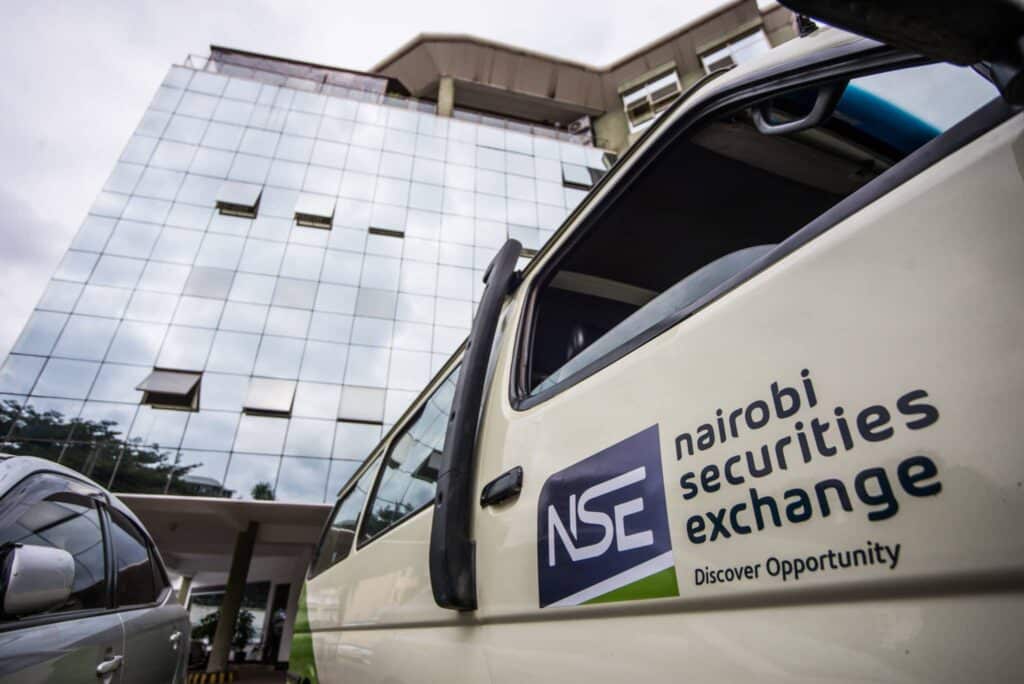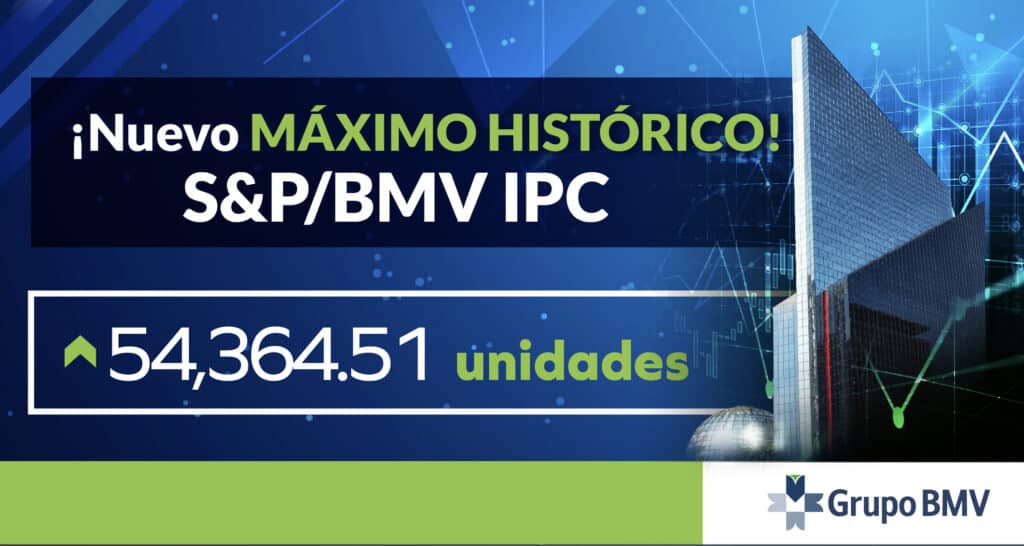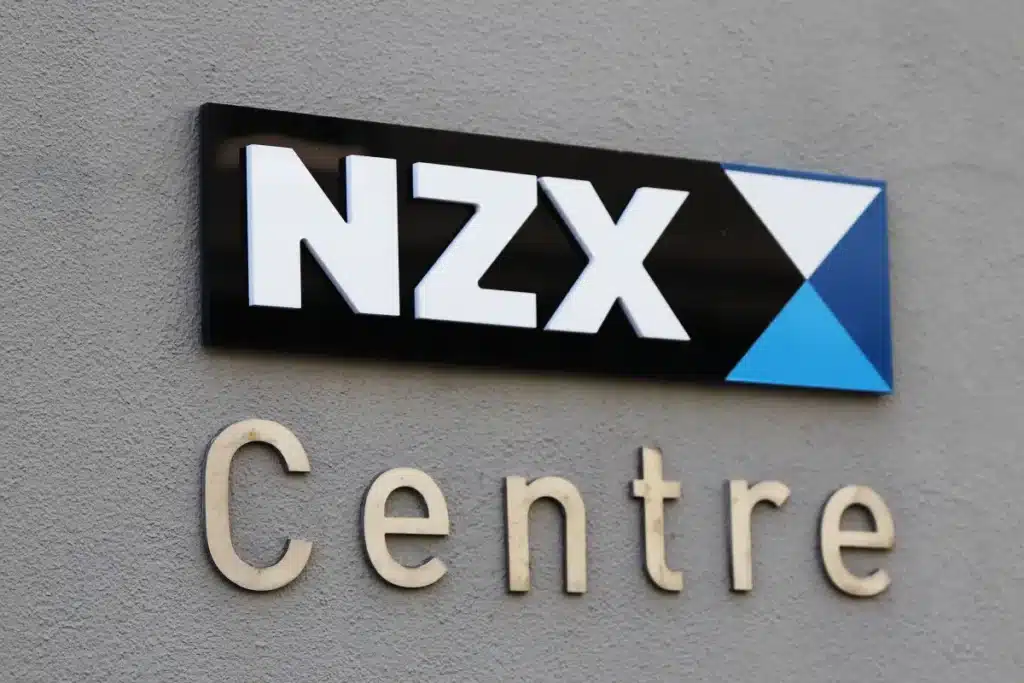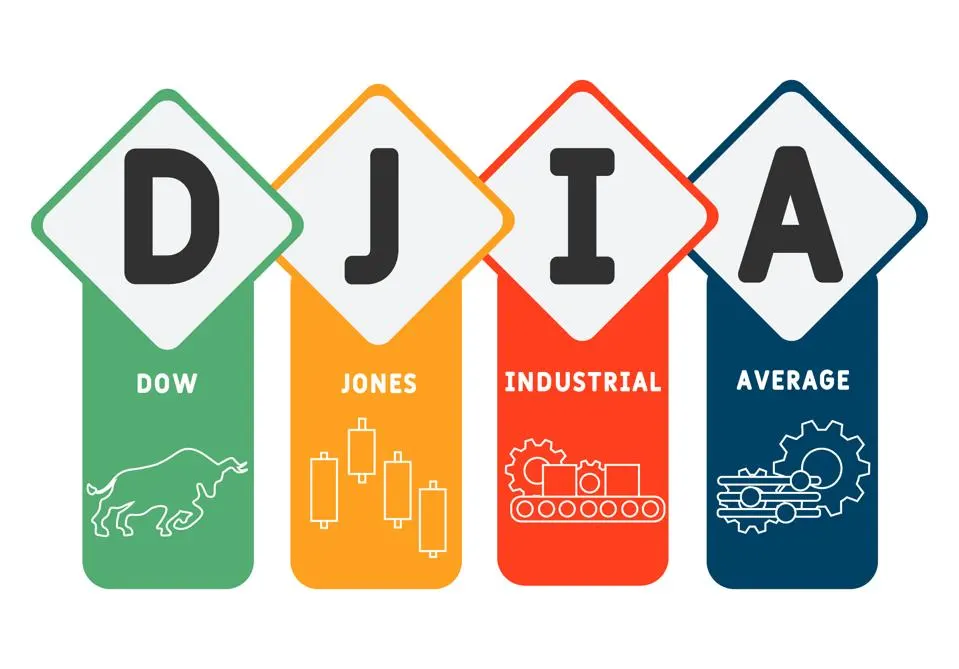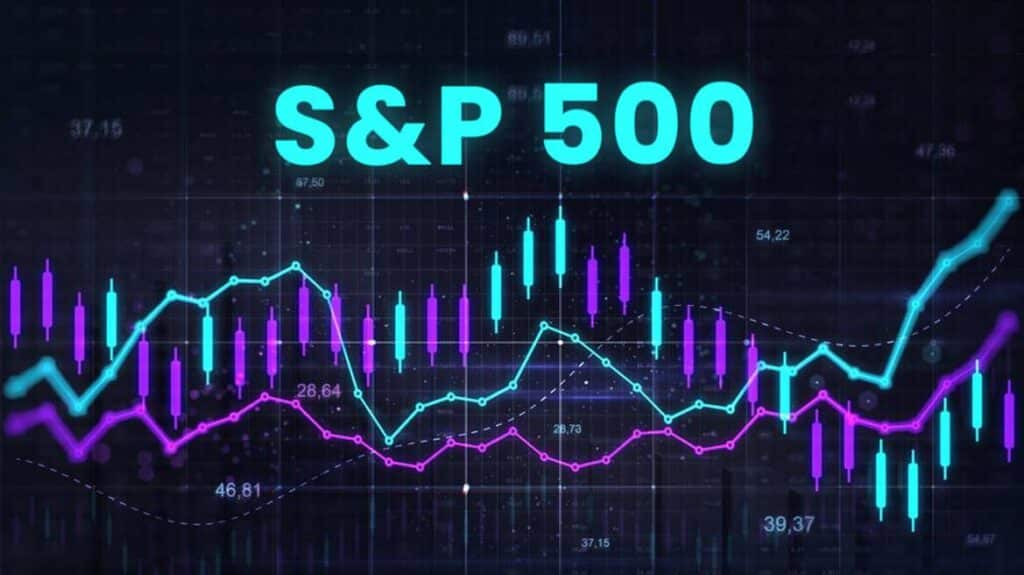Iran-Israel Conflict and G7 Summit: Key Market Movers
In the ever-evolving landscape of global finance, geopolitical tensions, such as the Iran-Israel conflict, and international economic summits like the G7 meeting can have profound implications on the stock market. As of June 16, 2025, these events are driving significant market activity and shaping investor sentiment across the globe.
Impacts of the Iran-Israel Conflict on the Market
The escalation of tensions between Iran and Israel has introduced a layer of unpredictability into the markets. These geopolitical conflicts have historically influenced investor behavior, largely due to potential disruptions in crucial sectors such as oil. With Iran and Israel locked in a conflict, there are heightened fears over the supply of oil, a crucial global commodity, causing prices to surge.
Oil prices are climbing due to the perceived risk of supply chain disruptions, a common reaction when conflicts arise in oil-producing regions. This increase in oil prices can have a ripple effect on various markets, including U.S. stock futures. While some investors view this as an opportunity for short-term gains, it also rings alarm bells for potential economic slowdowns if the prices continue to climb.
In addition to the oil market, there are concerns that continued tension could lead to a pullback in the U.S. stock market. Such geopolitical uncertainties often lead to a dip in investor confidence, translating into more conservative approaches and a reduction in the risk appetite of traders.
The G7 Summit: A Development to Watch
On the other end of the spectrum, the G7 summit represents a beacon of hope in these turbulent times. World leaders gather to discuss global economic stability and cooperate on pressing issues such as trade policies, climate change, and the ongoing pandemic recovery efforts. For investors, this meeting is a crucial event that’s closely watched for insights on international policies that could influence markets.
Markets tend to react positively to policy announcements that promote economic stability and growth. For instance, any signs of improved trade relationships or collective strategies to combat economic challenges could boost investor confidence and potentially lead to market gains. The outcomes of the G7 summit can provide a narrative of stability in an otherwise volatile market environment, making it a significant focal point for strategists and investors alike.
Navigating the Market Dynamics
In these uncertain times, investors must navigate carefully, weighing the impacts of both geopolitical tensions and diplomatic efforts. It’s essential to stay informed about developing situations and consider the potential long-term consequences of short-term fluctuations in the market.
As always, diversification remains a key strategy in managing risk amidst volatility. By understanding the broader economic and geopolitical landscape, investors will be better equipped to make informed decisions and possibly uncover opportunities that align with their investment objectives.
Overall, the blend of conflict-driven uncertainty and diplomatic optimism from gatherings like the G7 creates a complex, yet navigable, market environment for investors who are prepared to adapt to ongoing shifts.
Today’s Top Analysis: Market Dynamics and Economic Signals
The stock market is an ever-changing landscape, influenced by a complex web of global events, economic factors, and investor sentiment. Today’s analysis offers insights into how these elements come together to shape market behavior and provide opportunities for savvy investors. By examining current news and expert analysis, we can better navigate the uncertainties and potential rewards present in today’s financial environment.
-
Stocks Week Ahead: Middle East Tensions, Fed Meet to Drive Market Narrative
The Middle East has always been a region of strategic importance when it comes to global economics, and the recent tensions between Iran and Israel are no exception. These events, combined with the upcoming Federal Reserve meeting, are expected to heavily influence market movements. Investors should pay close attention to any shifts in policy or changes in geopolitical dynamics, as these could significantly impact both domestic and international markets.
-
Fed Cut Odds Rise Modestly After CPI, PPI Surprise
Recent surprises in the Consumer Price Index (CPI) and Producer Price Index (PPI) numbers suggest that the Federal Reserve may consider adjusting interest rates. Understanding these economic indicators is crucial, as they reflect inflationary pressures that influence monetary policy decisions. With any changes in rates potentially affecting borrowing costs and spending, investors should be prepared for possible fluctuations in market conditions.
-
Equity Risk Premium Lowest in Over 20 Years
The equity risk premium, which measures the expected return on stocks over risk-free investments, has hit a low not seen in more than two decades. This development suggests a shift in how investors are viewing risk and potential returns in the stock market. As the premium declines, it may indicate that stocks are becoming less attractive relative to safer alternatives, warranting a reevaluation of portfolio strategies for long-term investors.
-
NZD/USD Forecast: New Zealand Dollar Skates on Thin Ice as Domestic Data Craters
For those interested in currency trading, the New Zealand dollar faces challenges amidst troubling domestic economic data. This is crucial information for forex traders who rely on understanding how local economic health can affect currency values. Keeping an eye on New Zealand’s economic indicators could provide an edge in predicting currency movements against the US dollar and making informed trading decisions.
-
Markets Could Retest May Swing Highs Despite Middle East Risks
Despite the geopolitical risks stemming from the Middle East, markets may have the potential to retest the highs seen in May. This possibility reflects a resilience among investors who are weighing these risks against potential gains. It’s important for those involved in stock trading to be aware of market sentiment and how it aligns with current geopolitical events, as this will guide their investment strategies in volatile times.
Overall, today’s analysis highlights a range of factors that influence the financial markets. From geopolitical events like the Iran-Israel conflict to domestic economic shifts revealed through data like CPI and PPI, investors have multiple angles to consider when evaluating their investment strategies. By staying informed on these issues, and assessing how they interact with broader market trends, investors can make more informed, strategic decisions in pursuit of their investment goals.
Understanding Today’s Top News in the Stock Market
In today’s dynamic stock market environment, there are a couple of key news stories grabbing the headlines. It’s essential for investors like you to stay informed about these developments, as they can significantly influence market movements and your investment decisions.
U.S. Stock Futures Rebound Despite Israel-Iran Tensions
Amid ongoing geopolitical concerns, particularly the new conflict erupting between Israel and Iran, U.S. stock futures have showcased considerable resilience. This has been a surprise to many, given that such international tensions typically lead to market instability. Traders and investors are closely monitoring the situation for any potential ramifications on the international economic landscape, particularly any effect on supply chains and oil prices, which tend to ripple across various sectors.
Trump’s Take on Israel-Iran Tensions
Former President Trump weighed in on the escalating tensions, suggesting that Israel and Iran “may have to fight it out.” Although political statements like these often polarize public opinion, they play a crucial role in shaping market sentiments. Investors must pay attention to political commentary, as it can signal potential changes in U.S. foreign policy, which might affect specific sectors, especially defense and energy.
Oil Prices Climb Amid Supply Fears
As tensions rise between Israel and Iran, oil prices have pushed higher due to supply concerns. The Middle East remains a critical region for oil production, and any conflict there can potentially disrupt supply chains. Higher oil prices generally increase costs across industries, which may lead to inflations concerns, potentially impacting consumer purchasing power and corporate earnings.
Bitcoin’s Recovery in a Rocky Market
Bitcoin, which had taken a hit due to the geopolitical climate, has shown recovery as it climbs back to $106,000. The volatility of cryptocurrencies like Bitcoin is well-known, and market participants are increasingly viewing Bitcoin as a speculative asset or a hedge against traditional market declines. Observers will want to consider how digital currencies continue to react to global events- sometimes serving as a barometer for overall risk sentiment.
Concern of a Potential U.S. Stock Market Pullback
The escalating conflict has also raised concerns about the risk of a stock market pullback in the United States. According to RBC, there is potential for increased volatility, underscoring the importance of staying vigilant and possibly adjusting portfolios in anticipation of market movement. Investors should consider diversifying their holdings and maintaining a balanced approach to mitigate potential downside risks.
All these factors contribute to a complex financial ecosystem where investors must remain well informed to make educated decisions. The importance of staying updated with credible sources cannot be overstated. In volatile times like these, risk management strategies become vital, and staying informed across multiple news platforms helps enhance your understanding of the market dynamics.
To keep abreast of such developments, regularly monitoring economic events and keeping an eye on geopolitical developments helps nurture informed decision-making. By doing so, you better position yourself to navigate the complexities of investing in today’s fast-paced and interconnected global markets.


